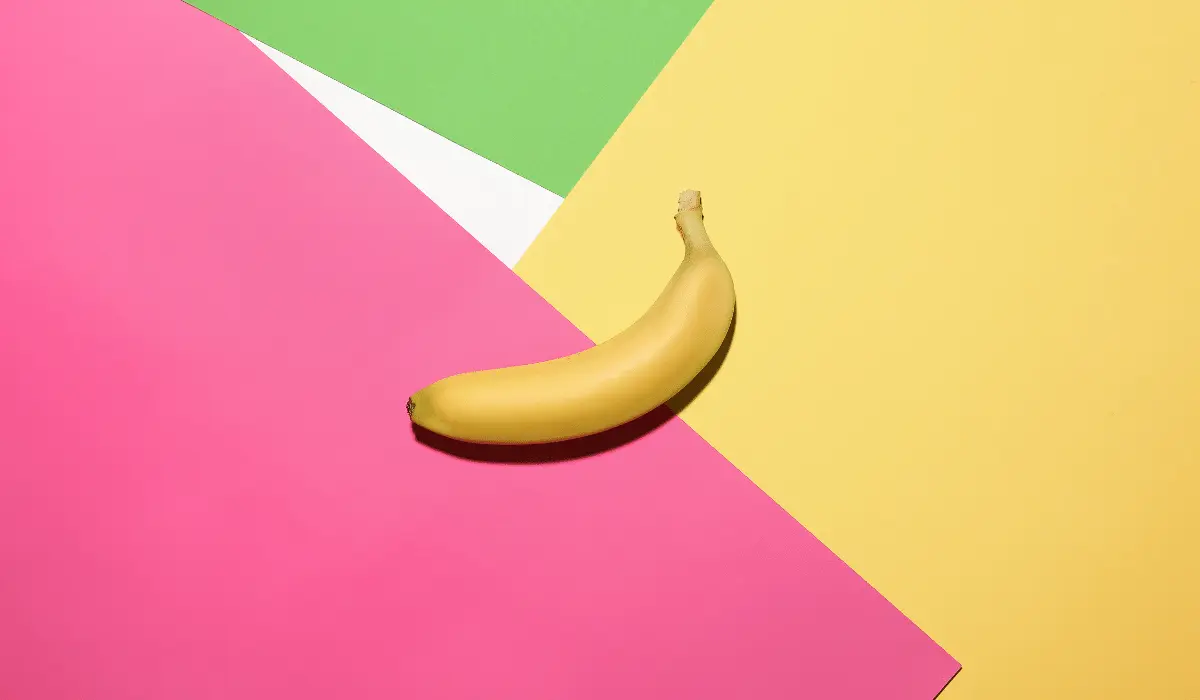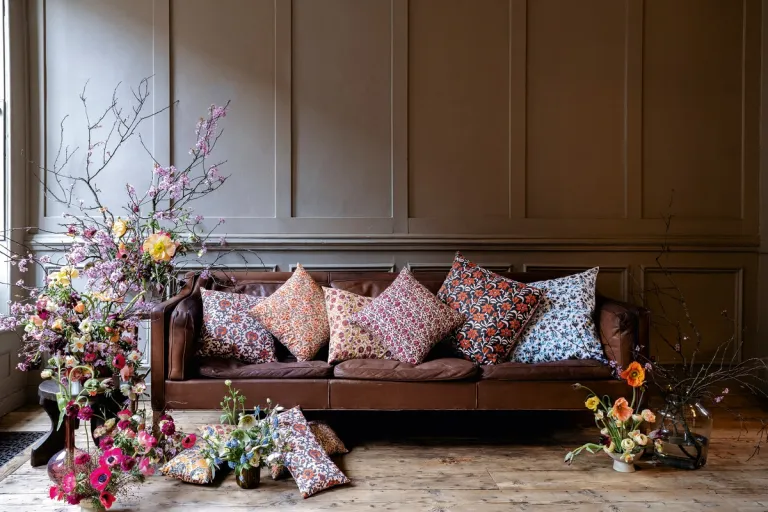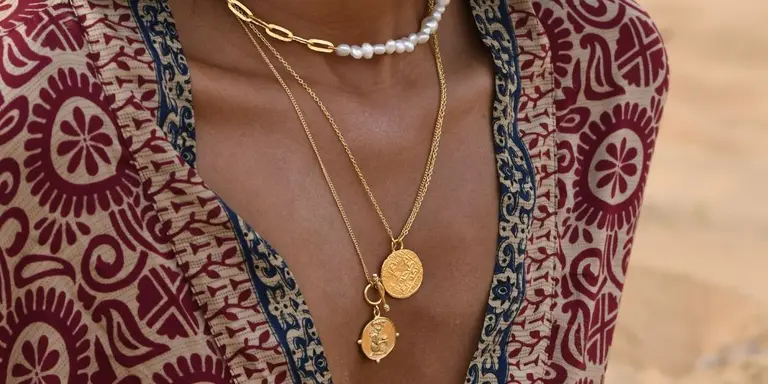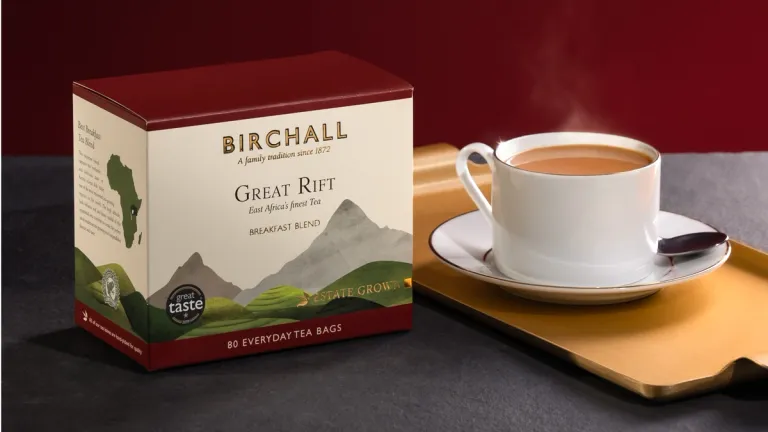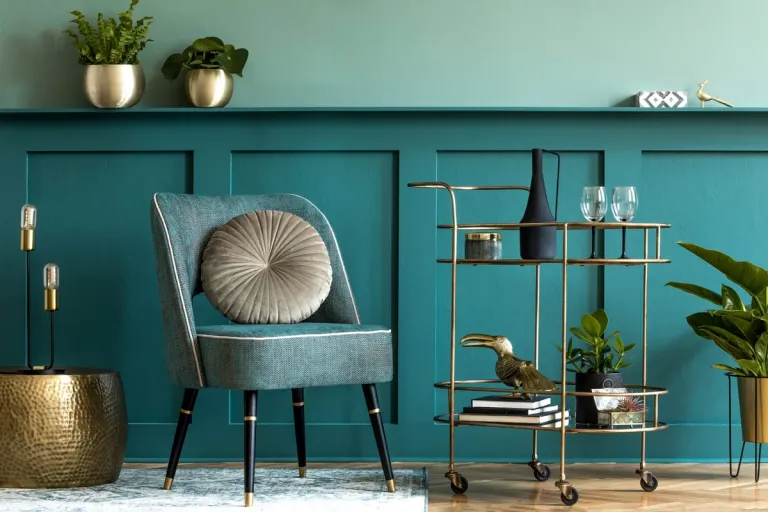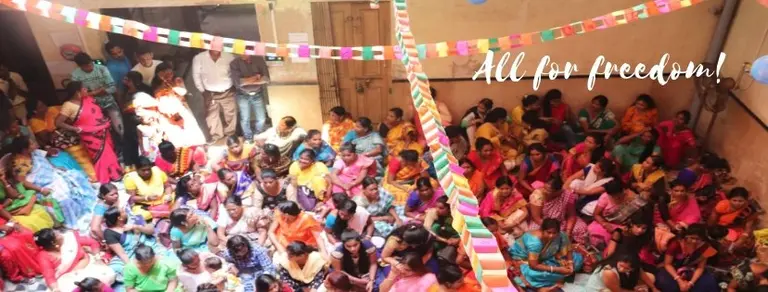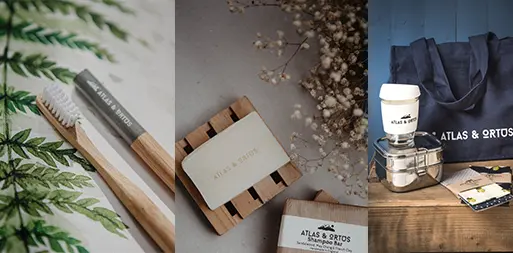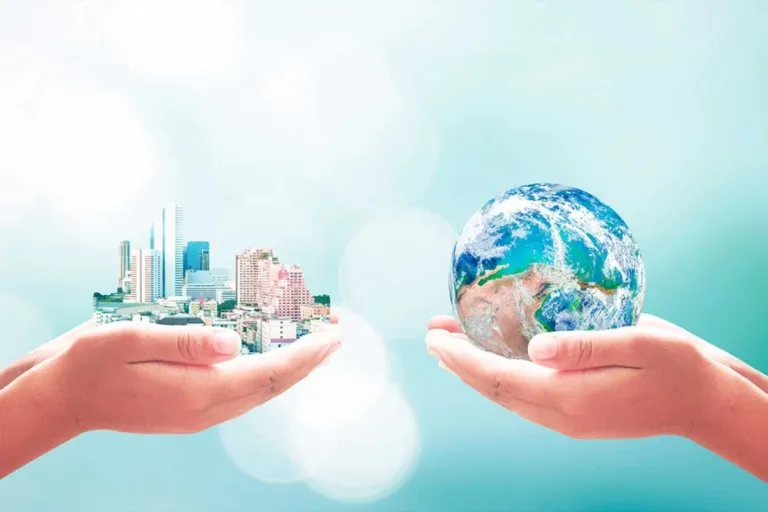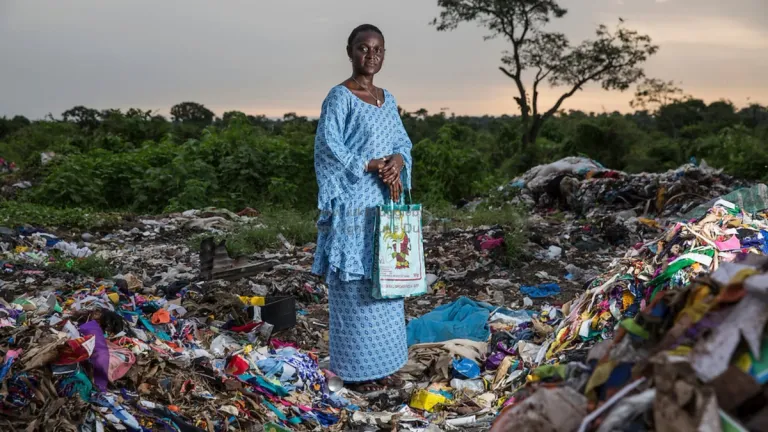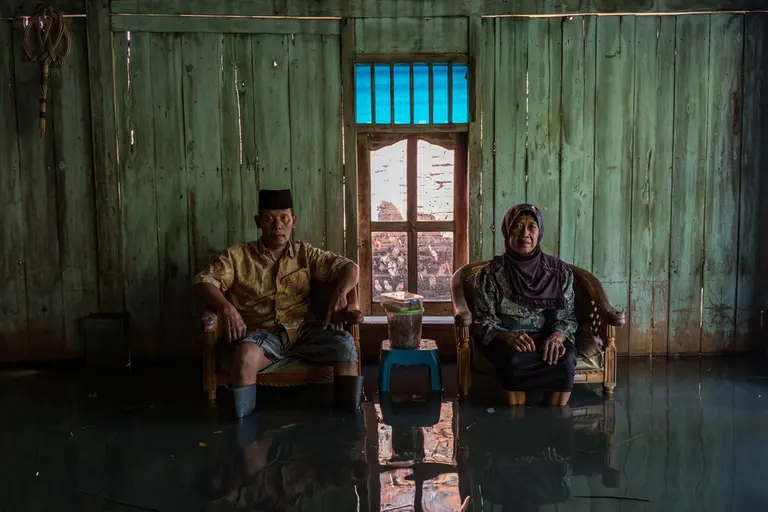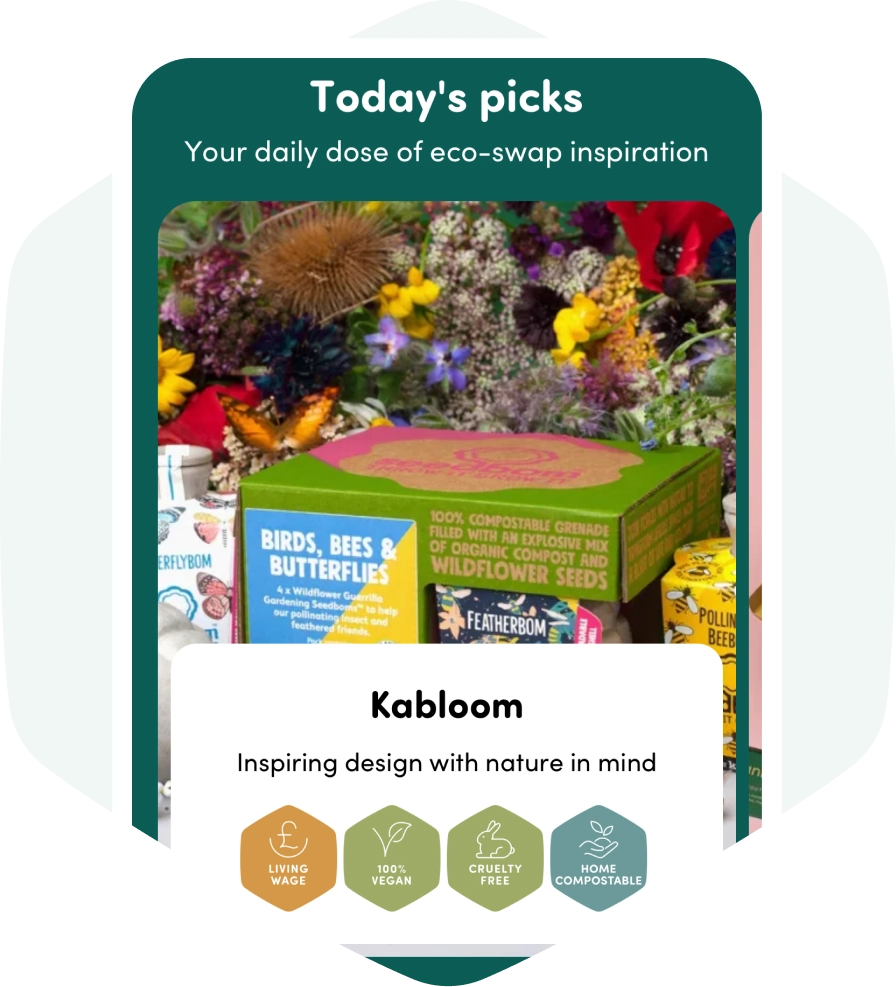Since the late 1980s, Fairtrade has been working to ensure a fair deal for farmers and workers around the world. Under the system, producers of everything from coffee and flowers to makeup and clothing are guaranteed workers’ rights, safer working conditions and fairer pay. This in turn leads to wider positive change, such as developing women in leadership and investing in climate-friendly farming techniques.
Today, there are more than 1.9 million farmers and workers in Fairtrade certified producer organisations across 71 countries, making products for small businesses and massive brands alike. Obtaining certification to display the Fairtrade logo on products is a rigorous process, with companies having to meet a strict set of criteria that proves their products are up to Fairtrade’s high standards. So every time you purchase a Fairtrade product you can be sure you’re having a positive impact on the world.
To celebrate Fairtrade Fortnight, which runs from 21 February to 6 March, we’ve unearthed a few lesser-known facts about Fairtrade, guaranteed to get you thinking about your purchasing power.
1. The Fairtrade concept was started to help struggling Mexican coffee farmers
From the 1960s until the late 80s, the global coffee market was kept in balance thanks largely to the 1962 International Coffee Agreement (ICA). Due to abuses of the quota system, however, the economic clauses of the ICA were suspended in 1989, and global coffee prices immediately spiralled. The first Fairtrade label, ‘Max Havelaar’, was launched by Dutch development agency Solidaridad, in a bid to help Mexican coffee farmers who were particularly affected by the crash. Max Havelaar was a fictional Dutch character who opposed the exploitation of coffee pickers in Dutch colonies.
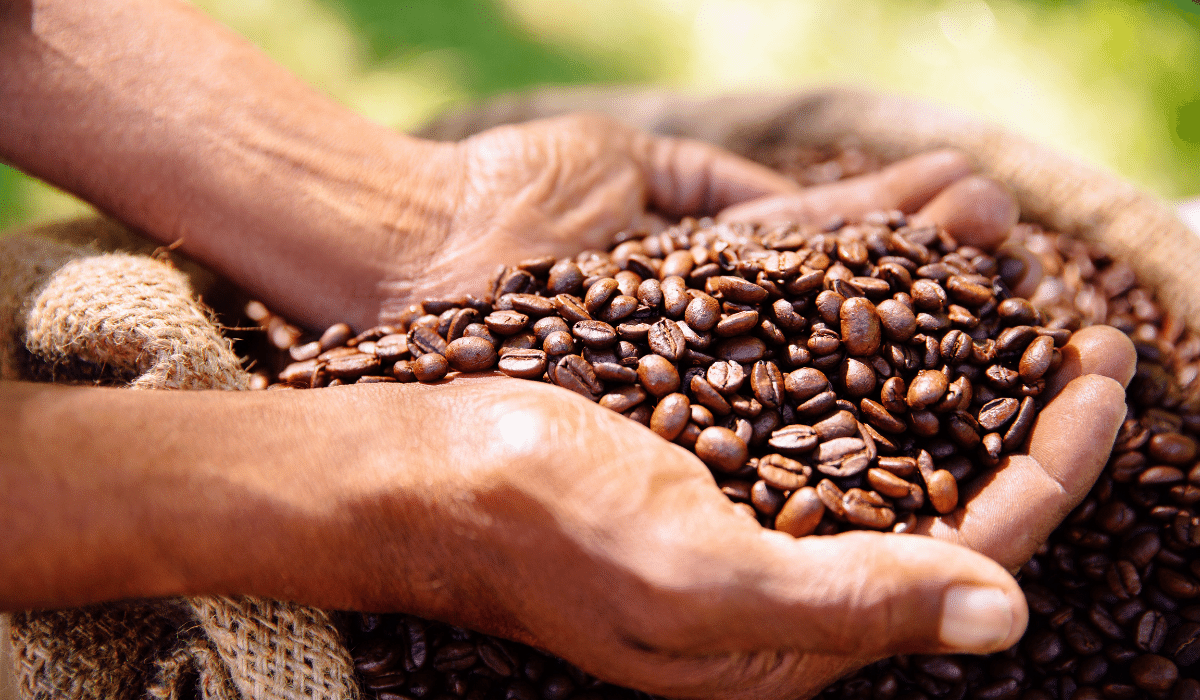
2. The first Fairtrade certified product was a bar of chocolate
The first product to bear official Fairtrade certification was Green & Black’s ‘Maya Gold’ chocolate bar, made with cocoa from Belize and launched in 1994. Cafedirect coffee, Percol coffee and Clipper tea followed shortly afterwards.
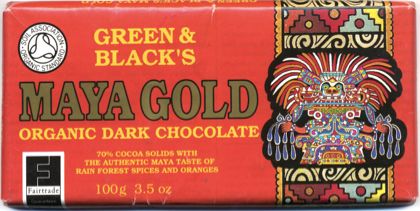
Image copyright: craigsams.com
3. Bananas are Fairtrade’s leading influence
The humble banana is something of a poster child for Fairtrade – one in three bananas bought in the UK is Fairtrade certified, which adds up to around 231,000 metric tonnes every year. Bananas are the backbone of many lower-income countries’ economies, so Fairtrade is playing a significant role in improving workers’ lives. In 2020, Fairtrade banana farmers earned £31.8 million in Fairtrade premiums. Meanwhile, 96% of small-scale banana farmers in Colombia say that their economic situation had improved since joining Fairtrade.
4. You can even buy a Fairtrade smartphone
Most smartphones contain a small amount of gold alongside other precious metals and minerals. When you consider how many smartphones there are in the world, that small amount of gold adds up to a lot of gold that needs to be mined and processed. This often involves treacherous working conditions, dire pay and harmful exposure to toxic chemicals.
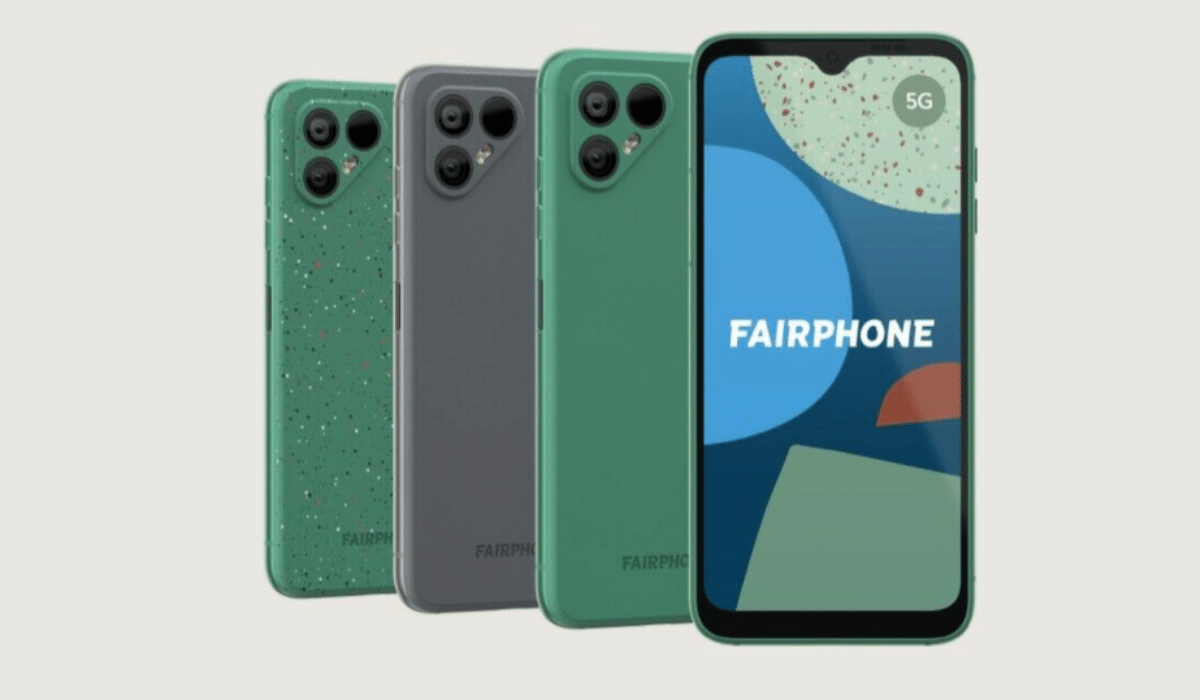
Since 2011, Fairtrade has also included gold and precious metals within its remit, ensuring safe working conditions for miners and high standards for environmental protection. This certification obviously covers things like jewellery, but more forward-thinking tech companies are now including Fairtrade gold in their gadgets, too. Fairphone, for example, uses Fairtrade gold in its smartphones, alongside other sustainably-sourced materials such as recycled plastics.
5. Fairtrade is tackling the problem of fast fashion
It’s no secret that fast fashion is having a devastating impact on the planet, but Fairtrade is helping to drive positive change within the apparel industry. For a start, the environmental footprint of Fairtrade cotton is five times lower than conventional cotton. Additionally, Fairtrade’s textile standards are the first set of standards to require living wages be paid to garment workers, helping to mitigate the global issue of sweatshops and child labour exploitation.
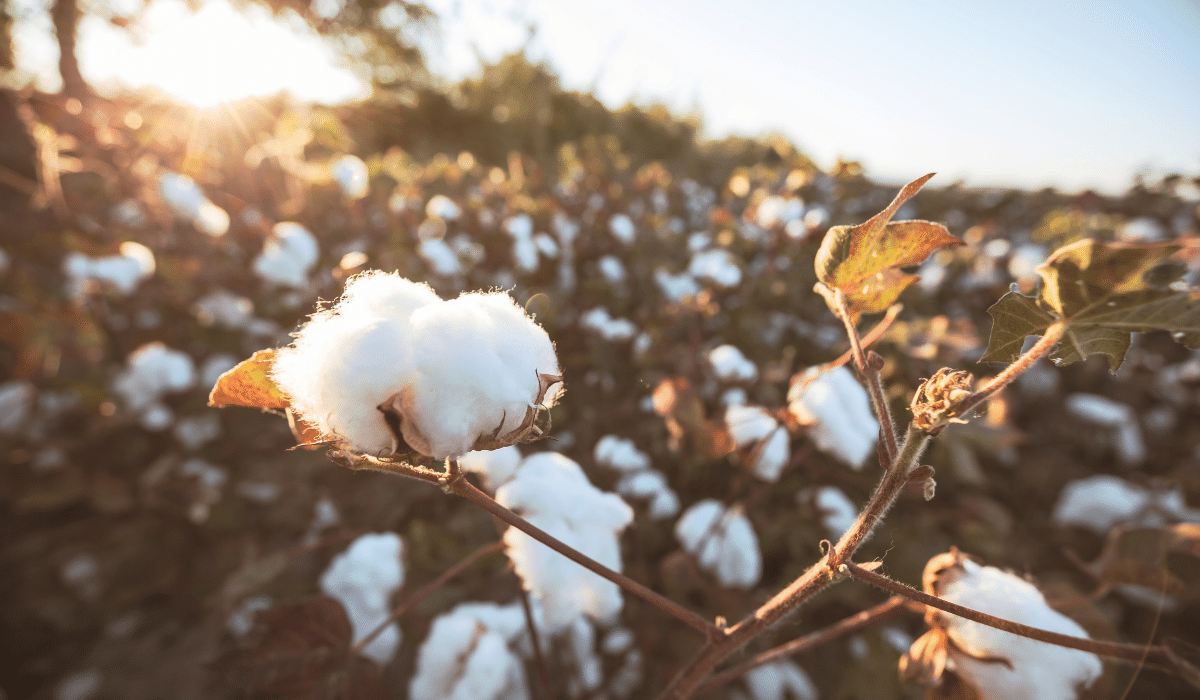
6. There are more than 6,000 Fairtrade products on sale in the UK
Fairtrade is probably best known for its coffee, chocolate and, obviously, bananas, but it actually encompasses a huge range of everyday items, including wine, cosmetics, clothing, jewellery… you name it! Here are some of our favourite fair trade businesses.
You may also like...
Sign up for our newsletter
Get the latest sustainability news delivered directly to your inbox.
